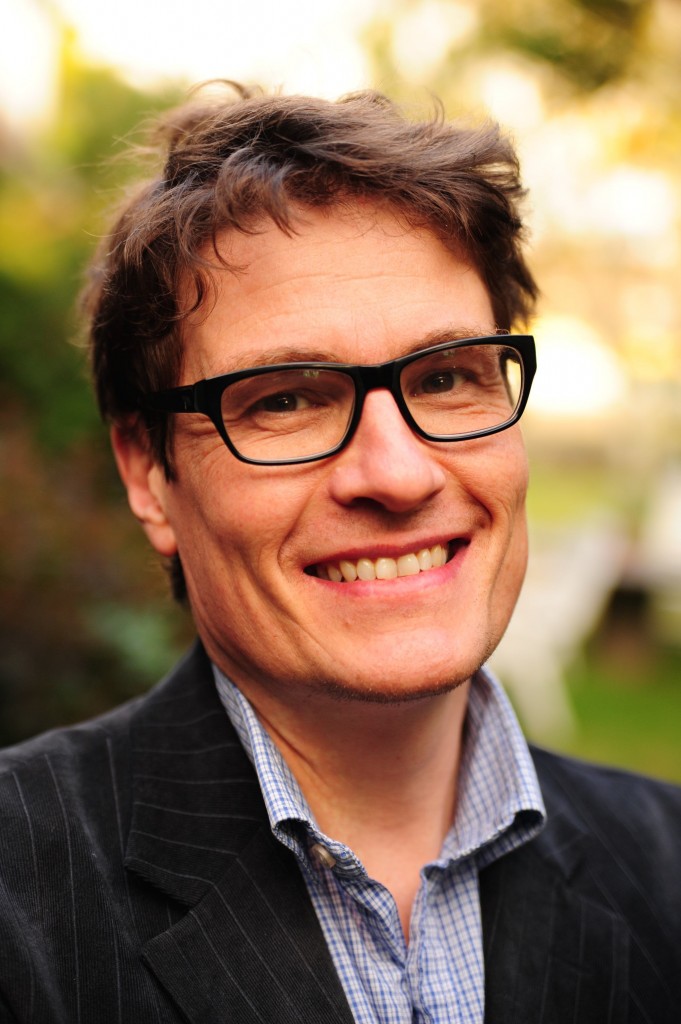What the participants say
- “Olle is a man of remarkable qualities, and his guidance has impacted the path of my professional career and line of thinking a lot.”
- “Not only does he encourage and ensures he is available to help young people achieve their goals, but he also provides tools for the field of scientific communication development that I believe will leave an invaluable mark on the near future.”
- “Olle is nothing less than a kindled spark for young scientists like myself.”
- “His style is effective and to the point and he delivers the message with contagious enthusiasm.”
- “His skills in combination with his responsiveness and ability to enthuse are unique”
- “When you hear him speak, you can tell that Olle is very passionate about his field, and therefore handles all projects with enthusiasm but also with great care.”
- “I have found his advice to be invaluable in all of my subsequent scientific efforts …”
To find the individuals behind the quotes, please refer to the recommendations of my LinkedIn profile.
All the course modules below can be combined into customized training sessions, ranging from 30 minutes to 2 days.
Module #1. General communication skills for science & tech people
Drawing up a “Grand Unified Theory of communication” for scientists and engineers, and demonstrating how it can be applied.
 Time: 30–120 minutes
Time: 30–120 minutes
Venue: lecture hall or seminar room
In this seminar, I give an introduction to a modern approach to communication – rooted in rhetorical tradition and using proven digital tools. I demonstrate how this mindset can be applied to writing, public speaking and the design of scientific illustrations and posters.
- Communication in general—five principles.
- Some dishes from the smorgasbord of rhetoric.
- Inverted pyramid style writing—an introduction.
- Public speaking: preparations, dealing with nervousness, delivery.
- PowerPoint: planning the slide deck and the delivery, designing the slides.
- Information design–notes on timelines, graphs etc.
- Research posters: a billboard, not a wall newspaper
Comment: I am a firm believer that there are principles, strategies and tools of communication which are universal. In my eyes, the Greek and the Romans already nailed it 2 000 years ago when they developed the art of rhetoric. Therefore, anyone who wants to be an effective communicator in one domain, e.g., science and technology, can learn a lot from other fields—especially those which are specialised in the communication process per se, e.g. journalism, PR and advertising.
Example slides
Module #2: Power writing for communicators of science & tech
Some tricks of the trade from journalism, PR & advertising
Time: 3–6 hours
Venue: computer room or classroom (where participants bring their own laptops)
 The academic environment still nurtures a somewhat constrained and conservative communication culture. As an engineer turned professional writer and public speaker, I want to point out how methods, knowledge and experience from other domains can be applied to scientific communication and science dissemination. In this seminar, we focus on writing skills–especially how to write short and quick pieces for the web.
The academic environment still nurtures a somewhat constrained and conservative communication culture. As an engineer turned professional writer and public speaker, I want to point out how methods, knowledge and experience from other domains can be applied to scientific communication and science dissemination. In this seminar, we focus on writing skills–especially how to write short and quick pieces for the web.
- Basic principles of communication & why rhetoric is still relevant in AD 2015.
- Journalistic texts, inverted pyramid style.
- Getting started: planning articles which are easy to write, fact check and publish.
- The email interview—the workhorse of busy web content writers.
- Working together, forming an editorial team.
- Popularizing science–some reflections.
Example slides
Module #3: Presentation techniques for (a) novices & students or (b) experienced professionals
How to take your presentations skills to the next level to educate, convince and motivate
Time: 3–6 hours
Venue: lecture hall, conference room or classrom
This course starts at the level of the participants and helps them improve and start a learning process to reach even higher goals. Level (a) is for students who are concerned about the situation of being exposed and vulnerable on the stage, whereas Level (b) is for more seasoned public speakers.
A more complete presentation is currently being prepared. Email olle@bergman.com for more information.
Module #4: The Elevator Pitch – combining brevity and impact
How to explain yourself, your activities and your ambitions in a concise and effective way
Time: 3–6 hours
Venue: computer room or classroom
 ”Sometimes we get a golden opportunity to present our dreams, visions or plans to a significant person. But we all know how hard it can be to summarize a complex story in a concise, structured and convincing way.
”Sometimes we get a golden opportunity to present our dreams, visions or plans to a significant person. But we all know how hard it can be to summarize a complex story in a concise, structured and convincing way.
That is why you should create and memorize an elevator pitch.
I have worked with communication for 20 years and I am ready to [ONE!] tell you how to do it and [TWO!] show you some inspiring examples. Are you ready to give me your attention for the next half hour?”
- What is an elevator pitch and why do you need it?
- EP’s come in different flavors!
- How to prepare an EP—alternative methods.
- Your cheat sheet from Antiquity: rhetoric
- Discussion of some web & YouTube examples
Example slides
Module #5: Scientific Poster Design
A practical course introducing simple tools to address a very complex task
Time: 3–6 hours
Venue: classroom
A more complete presentation is currently being prepared. Please email olle@bergman.com for more information.
Module #6: Networking and social media for science & tech people
A crash course to help you see the point and get started
Time: 1–3 hours
Venue: conference room
 Not sure what to make of LinkedIn and Twitter in your work as a scientist or R&D engineer? Want some solid pieces of advice on how to get started and how to use it wisely? In this seminar, I will give an overview and show some hands-on demonstrations.
Not sure what to make of LinkedIn and Twitter in your work as a scientist or R&D engineer? Want some solid pieces of advice on how to get started and how to use it wisely? In this seminar, I will give an overview and show some hands-on demonstrations.
- An introduction to networking
- The art of mingling
- Succeding with cold calls and emails
- Why every professional needs an updated LinkedIn profile.
- LinkedIn 1-2-3 – how to quickly create a decent page.
- Using LinkedIn for discussions and networking.
- How to make sense of Twitter.


